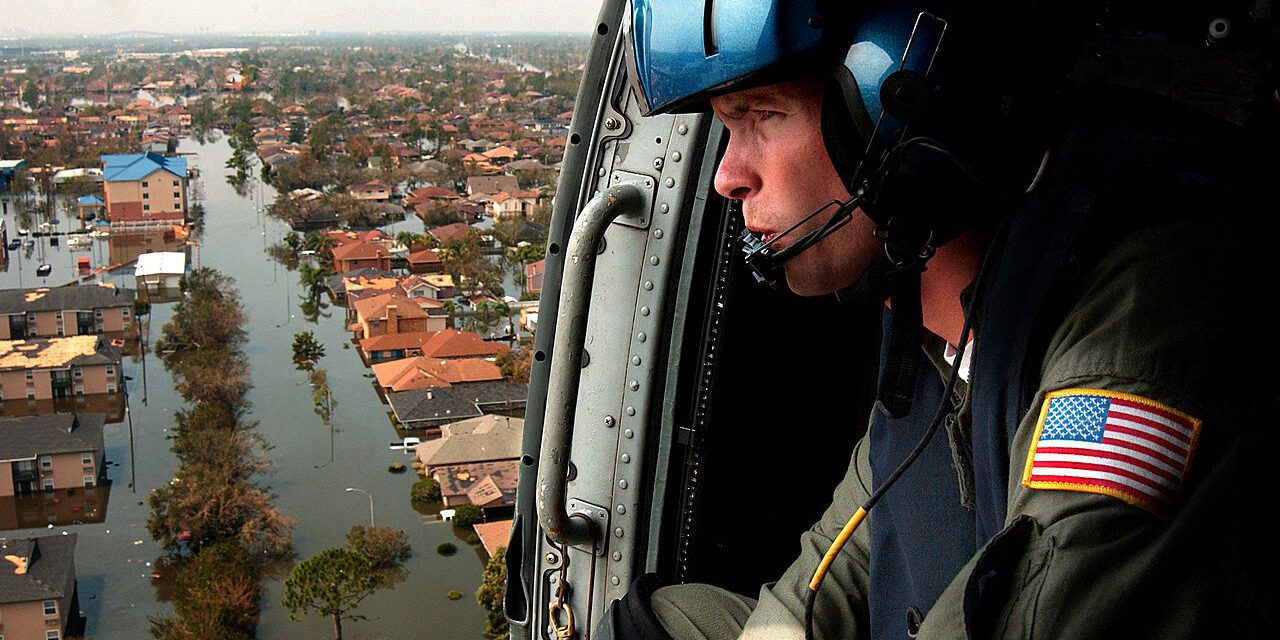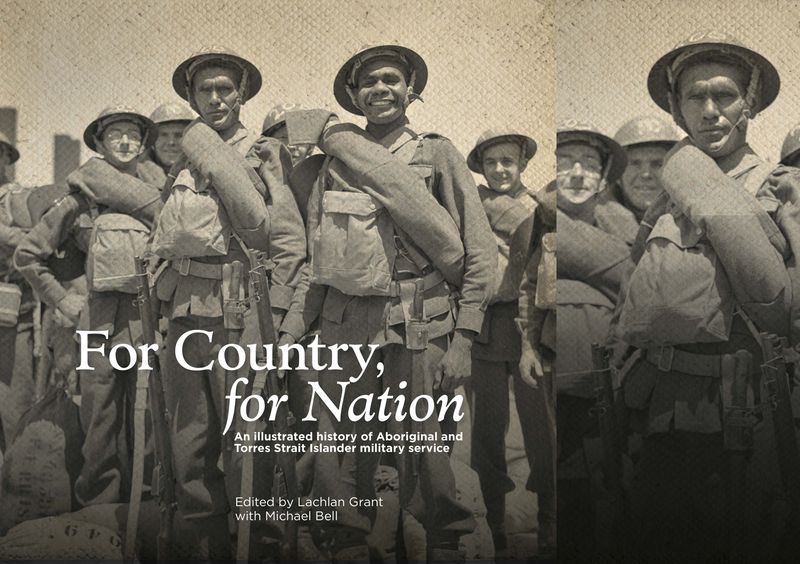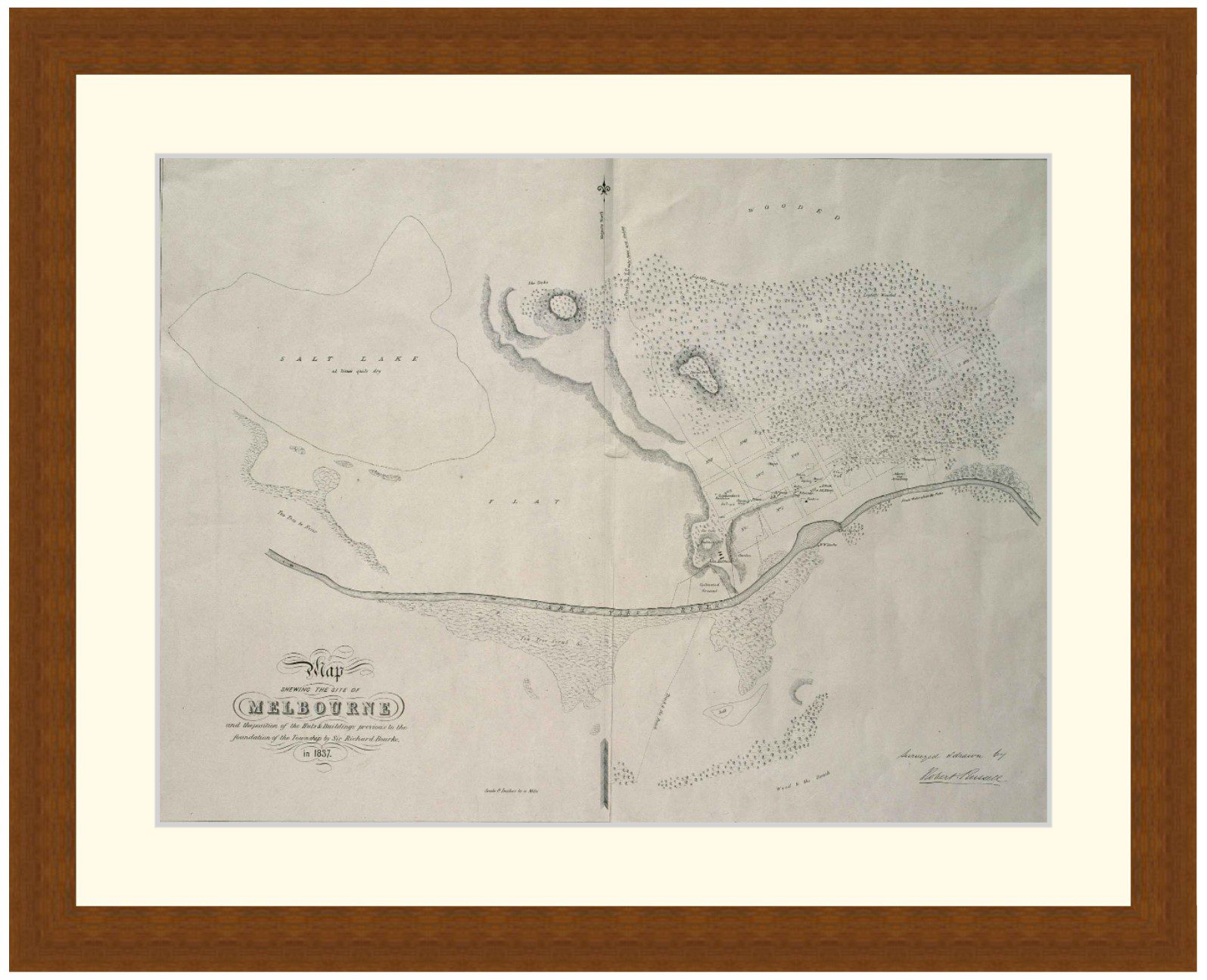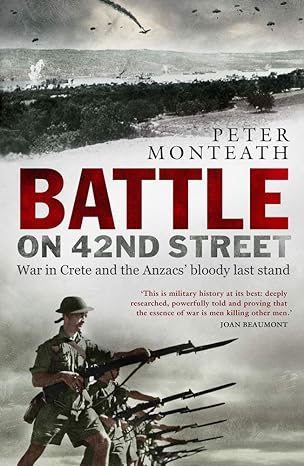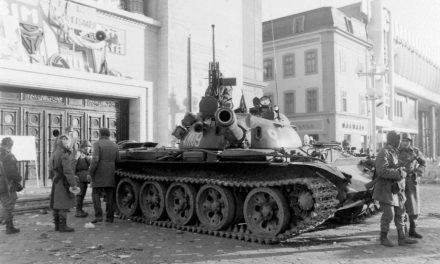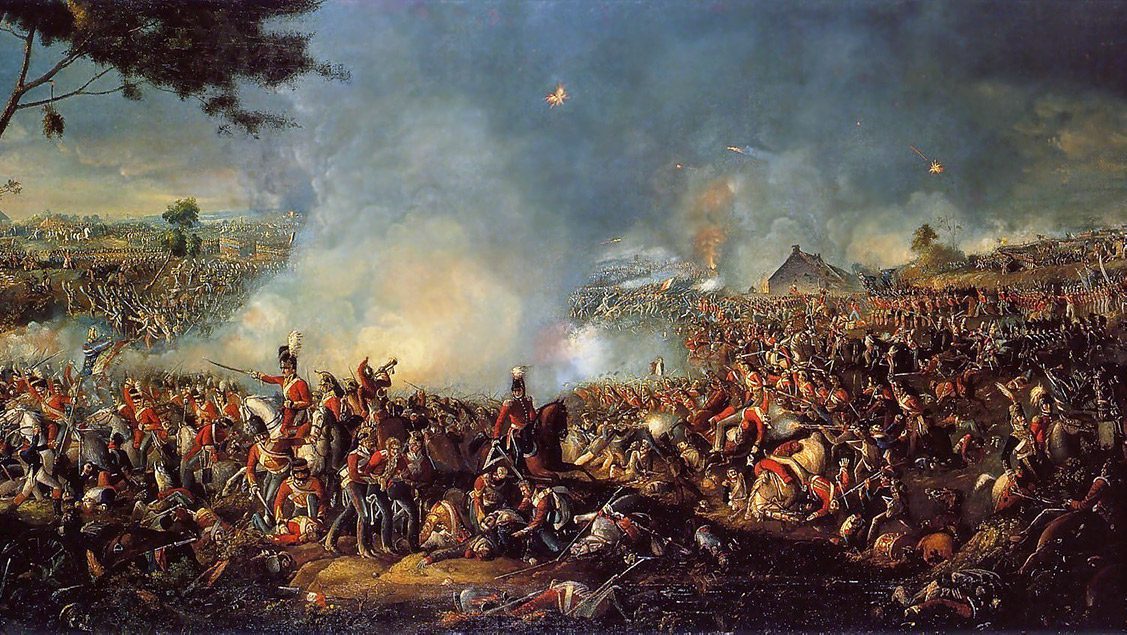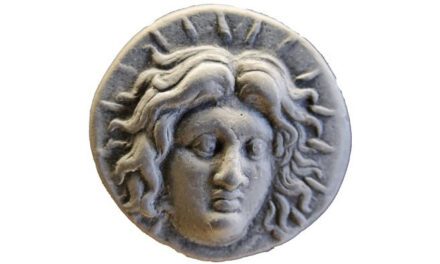History Guild General History Quiz 179
See how your history knowledge stacks up!
Want to know more about any of the questions? Scroll down to learn more!
Have an idea for a question? Suggest it here and we’ll include it in a future quiz!
The stories behind the questions
1. In 2005 Hurricane Katrina devastated New Orleans. How many people were killed in the storm?
1,836 – Most were killed by flooding caused by engineering flaws in the flood protection system around the city of New Orleans.
2. Operations Varsity and Plunder involved the opposed crossing of which river?
Rhine – Varsity was the largest single day airborne operation in history, Plunder was the joint British-Canadian-American river crossing carried out concurrently. This was successfully achieved on the 27th March 1945, German resistance only lasted for just over a month after the Allied armies crossed the Rhine in strength.
3. Did the Battle of Little Bighorn occur before or after the US Civil War?
After – The US Civil War ended in 1865. The following decade saw the continuation of the US government policy of forcing Native American nations from their land and move to reservations, often violently. The 1876 Battle saw Sioux, Lakota and Cheyenne warriors fighting a US Army detachment commanded by George Custer in Montana. Custer and his forces were outnumbered, and failed to conduct any reconnaissance prior to attacking. They were decimated.
4. The Roman city of Berytus is now the capital of which country?
Lebanon – Established prior to 140 BCE as a Phoenician village, Berytus was conquered by the Romans in 64 BCE. It grew to become one of the most important cities in the Eastern Roman Empire, with a law school that was the most widely known in the Roman Empire. It was almost completely destroyed by a series of earthquakes in the 500s CE, and was then captured by Muslim Arabs from the Arabian Peninsula in 635 CE, becoming known as Beirut.
5. Who painted ‘The Son of Man’, shown below?

René Magritte – His best-known artwork, it was painted as a self portrait. Magritte was a Belgian surrealist artist, known for his depictions of familiar objects in unfamiliar, unexpected contexts.
6. Who was the last King of England to die on the battlefield?
Richard III – He was killed by the forces of Henry Tudor, who subsequently became Henry VII, at the Battle of Bosworth Field in 1485.
7. When was Google founded?
1998 – Founded by Larry Page and Sergey Brin while they were PhD students at Stanford University, the company grew quickly to become the dominant search engine. By 2003 the verb “google” had been added to the Oxford English Dictionary.
8. In which US state did the Battle of Gettysburg take place?
Pennsylvania – The 1863 battle was a turning point of the US Civil War, stopping the advance of Confederate forces northward into Union territory. General George Meade took command of the Union Army of the Potomac only three days before the battle. He was appointed after Lincoln lost confidence in the previous leadership of the army, which had seen two significant defeats and a withdrawal into Pennsylvania.
General George Pickett’s infantry charge was the battle’s climax. Once this was defeated the battle swung the Union’s way.
The conflict was far from over after the battle however. Another two years of bloody fighting followed before the final defeat of the Confederate forces in 1865.
9. When was the first nuclear submarine launched?
1954 – The USS Nautilus was launched only 9 years after the development of the first nuclear weapon, and prior to nuclear propulsion being used in any other vessels, an incredibly fast production and development process. In 1958 she became the first submarine to complete a submerged transit of the North Pole.
10. In 356 BCE which King led Macedonia to become a powerful and expansionist nation?
Philip II – Philip earned immense prestige, and secured Macedon ’s position in the Hellenic world during his involvement in the Third Sacred War, which began in Greece in 356 BCE. In 337 BCE, Philip created and led the League of Corinth, a federation of Greek states that aimed to invade the Persian Empire. He didn’t live to see its success, he was assassinated the following year. His son, Alexander the Great, expanded upon his father’s successes to establish an empire that stretched from Greece into present-day Pakistan.

